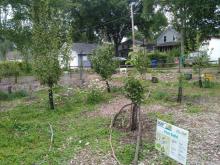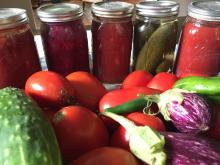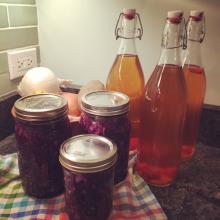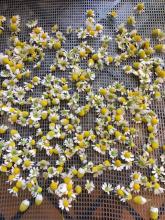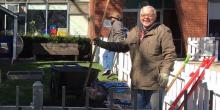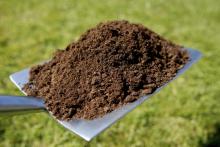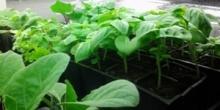2018 Food Forest & Orchard Work and Learn Days
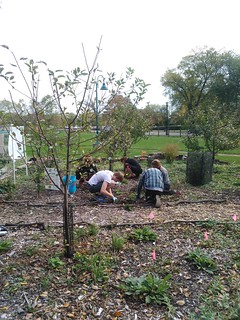
We have great volunteer opportunities for individuals, families and groups thru regular monthly work days that frequently include learning presentations. (We are happy to arrange other special volunteer days for groups as needed. ) A waiver will be required to participate as a volunteer. No other registration is required, but pre-registration for learn portion encouraged
2018 Educational Work-and-Learn Days Schedule
Look for additional activities on most workdays—educational presentations, sharing of food, stories, song. Including:

